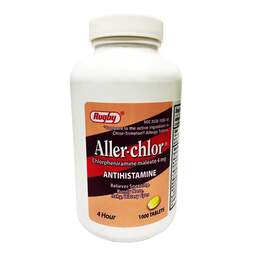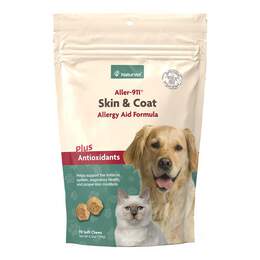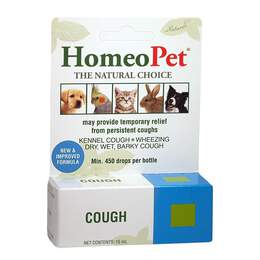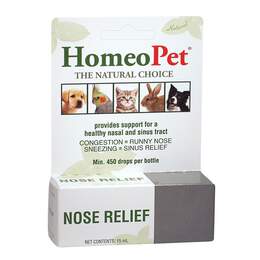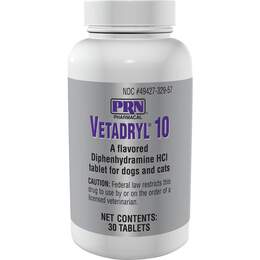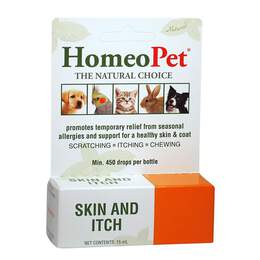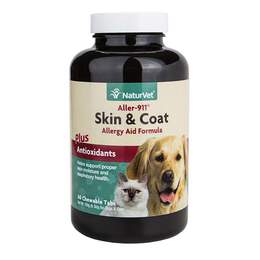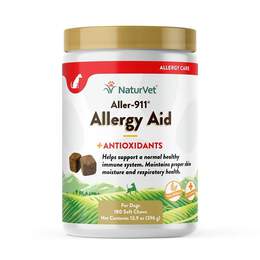Cat Oral Antihistamine
What are the symptoms of allergic reactions in cats?
Some of the most common signs of allergies in cats include:
- Paw swelling
- Skin itch (and subsequent scratching)
- Diarrhea
- Vomiting
- Wheezing
- Coughing
- Sneezing
- Runny or itchy eyes
- Snoring
What are the most common causes of allergies in cats?
While allergy triggers vary from one cat to the next, some of the most common causes of cat allergies are:
- Fleas
- Certain chemicals and medications, including those in cat litter or flea treatments
- Certain materials, including plastic, rubber, or fabric
- Substances like mildew, mold, plants, grass, or pollen
- Food
- Perfume
- Household cleaners and other airborne household products
Which oral antihistamine is best for my cat’s allergies?
Veterinarians are incredibly familiar with the questions, “Can you give antihistamines to cats?” and, “What antihistamines are safe for cats?” Once you’ve spoken with your veterinarian, you’ll be armed with the knowledge that will allow you to select the best antihistamine for your cat’s allergies. Whether you’re searching for a prescription antihistamine or you plan to go for an over-the-counter antihistamine for cats, you’ll find all the best options at Allivet. Our bestselling cat antihistamines include:
- Chlorpheniramine is a non-prescription antihistamine that aids in treating drug-induced, contact, and inhaled allergies. It is also commonly recommended as an antihistamine for cats with miliary dermatitis (skin allergies).
- HomeoPet Skin & Itch is a natural antihistamine for cats. It is useful against airborne allergens and contaminants that can cause allergy symptoms like skin irritation, skin itch, and scratching.
- Loratadine is a non-prescription cat antihistamine that is particularly useful against hay fever (perennial allergic rhinitis) and seasonal allergy symptoms like sneezing, nasal discharge and itching, and itchy or burning eyes.
- Meclizine is both an antihistamine and an anticholinergic. This over-the-counter medication reduces or prevents vomiting, but it is also beneficial against common allergy symptoms in cats.
- HomeoPet Cough Relief is a homeopathic remedy that relieves coughs of a number of different causes.
- NaturVet Aller-911 Skin & Coat Allergy Aid Soft Chews or Chewable Tabs are fast-acting, natural, and effective cat antihistamines that aid in the management of your feline’s allergies. They deliver natural antioxidants for environmental pollutant defense and immune support, and they also contain EPA, DHA, and Omegas for respiratory and skin health.
- HomeoPet Nose Relief is a natural product that helps relieve nasal and upper respiratory allergy symptoms like runny nose, eye irritation, and sinus infection.
- Vetadryl is a prescription cat antihistamine that uses Diphenhydramine HCl to relieve your cat’s bothersome allergy symptoms.
What side effects are associated with antihistamines?
First and foremost, it’s important to be sure you never administer an antihistamine to a cat with a history of urinary tract disease. In some cases, urinary retention has been reported with antihistamine use, which can become a serious side effect in cats with such illnesses. Secondly, you’ll want to consult your veterinarian to determine what antihistamine is best for your cat’s allergy symptoms. You and your vet know your cat’s history best, and he or she can work with you to decide on the best medication for your individual cat.
Depending on the antihistamine you and your vet choose for your cat, various side effects are possible. Most of these potential reactions are deemed minimal. Among the most common are sedation, excitement, trouble urinating, inappetence, vomiting, or diarrhea. Be sure to review the side effects of the medication you choose for your cat and keep an eye out for adverse reactions. Let your veterinarian know if you observe any abnormal signs.
What other options are available for treating my cat’s allergy symptoms?
In certain cases, veterinarians may recommend an alternative treatment for your cat’s allergies. For skin allergies, an antihistamine cream for cats may be the best treatment option. Allivet carries a variety of topical lotions and creams to treat feline allergies, skin irritation, itch, and more. We also carry a number of incredible skin supplements, which can go a long way in keeping your cat’s skin healthy and keeping allergy symptoms at bay. Finally, we offer a broad range of medicated sprays and shampoos to complement your cat’s allergy treatment or to manage his or her symptoms entirely. Whatever your cat’s allergy concerns, Allivet is here to help!


